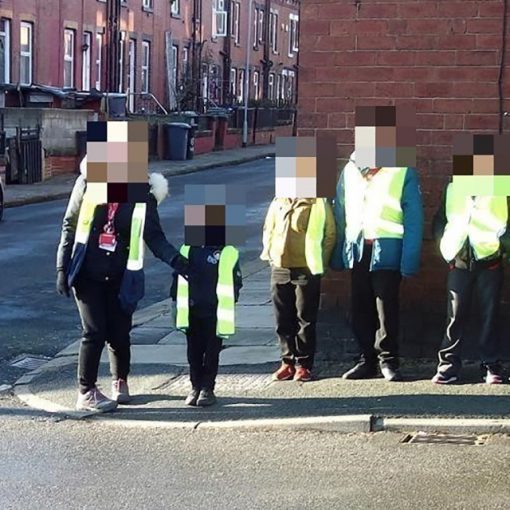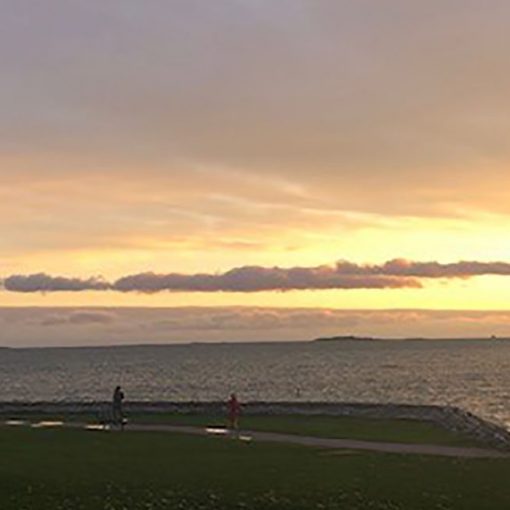Focus on the Global South: EDUFI Programmes’ Coordinators’ Meeting, hosted by the Finnish National Agency for Education, aimed to strengthen the connections between Finnish Higher Education Institution (HEI) colleagues working with partners from the Global South, by exchanging practices and leveraging collective wisdom on project cooperation and implementation. (Opetushallitus 2024)
The trends and challenges in higher education development cooperation were addressed by the meeting’s keynote speaker Emnet Tadesse Woldegiorgis, Associate Professor and Director at the Ali Mazrui Centre for Higher Education Studies (AMCHES), at University of Johannesburg, South Africa.
The historical legacies between Africa and Europe were addressed, shaping the trends of educational partnerships. In pre-colonial times cooperations were guided by true curiosity, and the pursuit for knowledge enhancing mutual respect for diverse knowledge systems and cooperation across different cultures. Colonial times brought along the ideology of “the West” claiming to be the origin of civilization, devaluing the traditions and knowledge systems of “the Rest” of the world of being primitive and uncivilized. The development cooperations were seen as a “one-way civilizing mission” spreading the Western values on colonized societies. Post-colonial times, forming many development agencies to support the Global South, resulted in the development cooperations being seen more as “rescue missions”, and collaboration in education was seen as a form of a development aid. (Woldegiorgis 2024)
Principles and challenges of development partnership and cooperations
Cooperation and collaboration can be seen as the early stage in the process of forming a partnership, whereas a true partnership can be seen as a solid, long-term institutionalized form of collaboration. Why is it important to create partnerships in higher education? To foster mutual exchange of innovative ideas, knowledge and capacity building, as well as to combine strengths in the process to address global challenges to mention a few among many others. Partnership in higher education includes aspects such as mutuality, shared responsibility, shared vision, capacity, reciprocity and sustainability among the partners. (Woldegiorgis 2019)
In development cooperation between the Global North and the Global South it is important to evaluate whether the cooperation is truly a partnership or a one-way development aid. Woldegiorgis (2024) brought up issues such as cooperation being highly prescriptive positioning the partners from the Global South as recipients of development aid, lacking recognition of institutional and intellectual capacities, resulting in lack of mutual engagement and respect in the collaboration. Development cooperations still face challenges rooted in historical inequalities, and the colonial legacies continuing to shape one-way aid dynamics undermining true partnerships. Also, a lack of ownership hinders many effective development efforts.
![[Alt text: a big group of people standing on stairs.]](https://blogit.lab.fi/labfocus/wp-content/uploads/sites/8/2024/11/882_2024_Cooperations-in-higher-education-with-the-Global-South-1024x565.jpg)
Guidelines for an effective development cooperation
Woldegiorgis (2024) indicated, that in the transformation from cooperation and collaboration to a partnership, a shift is required from the traditional vertical model of Global North providing expertise to more horizontal model, whereas the partners are seen as equals rather than the Global South receiving assistance. He also emphasized on the importance of the “South-South” cooperation among the African countries in knowledge sharing activities, together with gender equality and inclusion, as well as decentralization allowing local African institutions to take leadership in development projects.
Erasmus+ Capacity building in higher education programs’, such as the project SmartVille (LAB 2024), offer the possibility to measure the success of the project by the tangible achievements (number of students trained, curricula developed, and strengthened institutions) by European and African partner institutions, and these projects are of longer perspective and long-lasting.
Author
Mia Ekman works as a Senior Lecturer in the Faculty of Business in LAB University of Applied Sciences. Currently works also as a project manager in the Developing Sustainable and Entrepreneurial Villages through Educational Living Labs in Namibia and Zambia (SmartVille) project.

References
LAB. 2024. Developing Sustainable and Entrepreneurial Villages Through Educational Living Labs in Namibia and Zambia. Project website. LAB University of Applied Sciences. Cited 29.10.2024. Available at https://lab.fi/en/project/developing-sustainable-and-entrepreneurial-villages-through-educational-living-labs-namibia
Woldegiorgis, E.T., & Scherer, C. (Eds.). 2019. Partnership in higher education: Trends between African and European institutions. Brill.
Woldegiorgis, E.T. 2024. Trends and Challenges in Higher Education Development Cooperation. Keynote speaker at Focus on the Global South: EDUFI Programmes’ Coordinators’ Meeting 25.9.2024. Helsinki.




